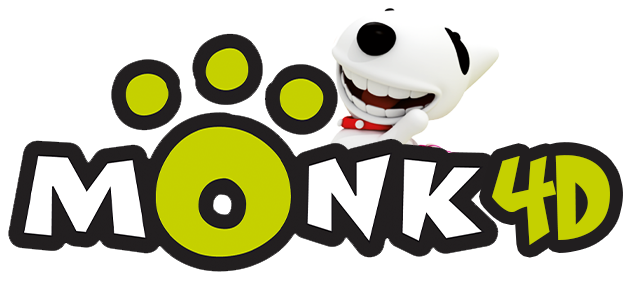MONK4D - SITUS SLOT TOTO GACOR ANTI RUNGKAD HARI INI TERMAXWIN 2024
IDR 888.00
Monk4d merupakan permainan Slot toto gacor Termaxwin hari ini anti rungkad dengan memiliki rtp slot gacor terbaru dan paling update di indonesia no.1, slot toto gacor banyak menghadirkan permainan dengan fasilitas modern dan terpopuler di indonesia. slot toto gacor juga memiliki banyak ragam bonus dan promo yang sudah di siapkan untuk para pemain yang sudah bergabung.
Slot toto gacor maxwin hari ini sudah berlisensi resmi dan sudah terbukti di kalangan para penjudi slot online sebagai salah satu pilihan dalam mencari kemenangan yang tinggi dengan hadiah sampai ratusan juta rupiah hanya bermain slot toto gacor.
Quantity:

